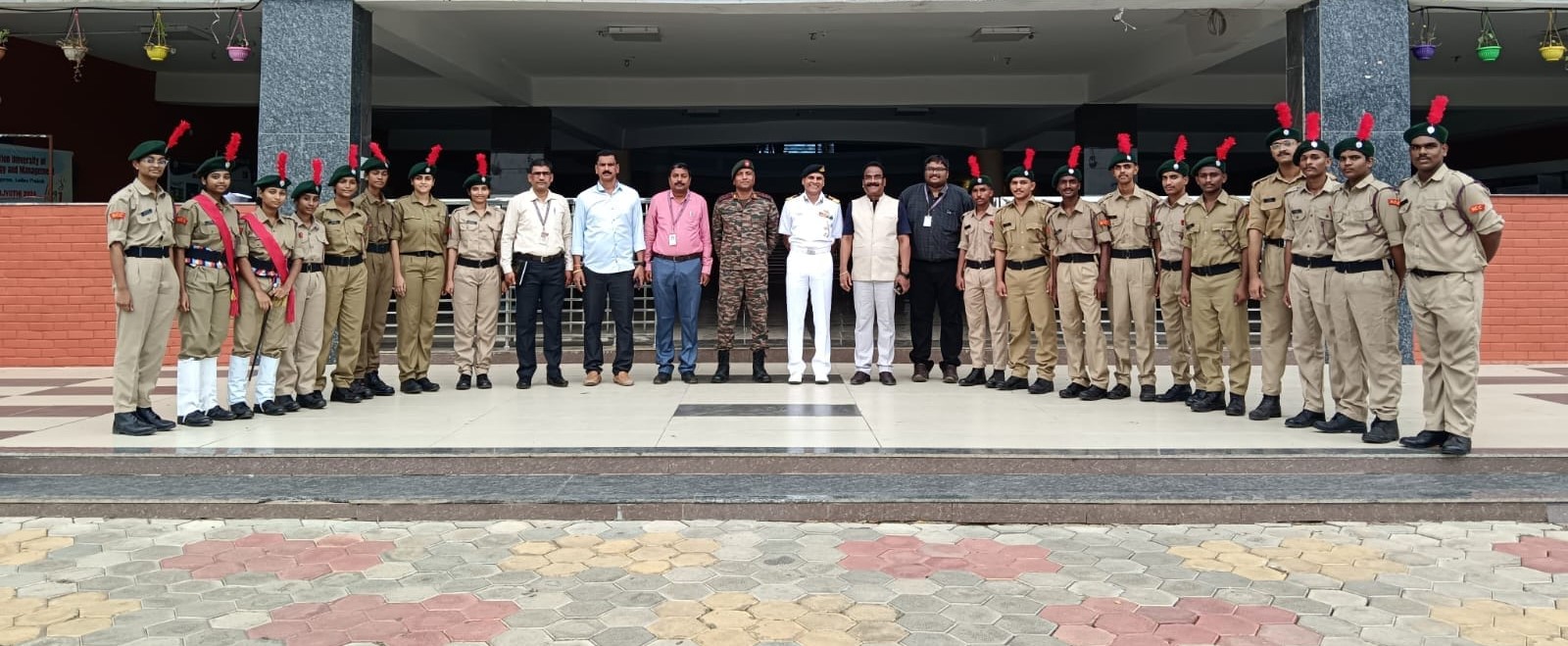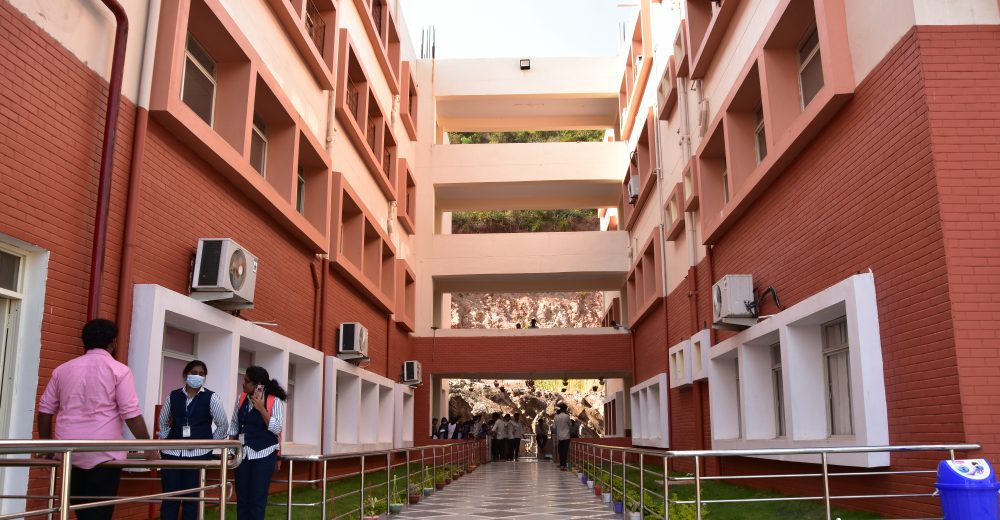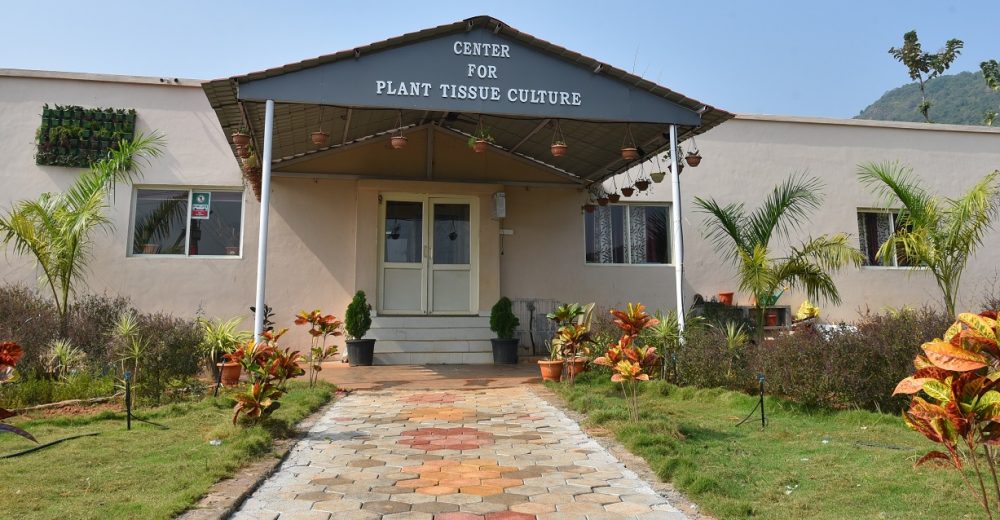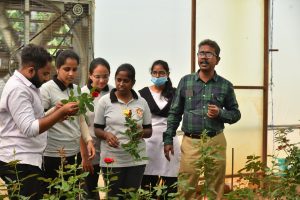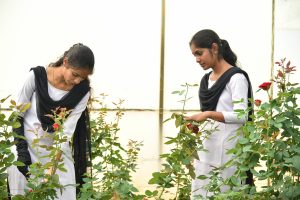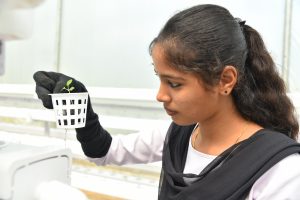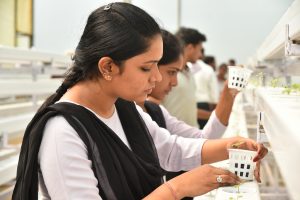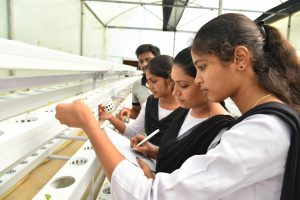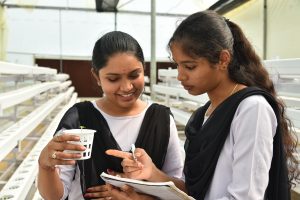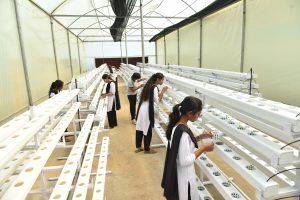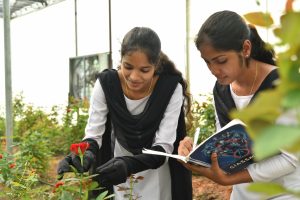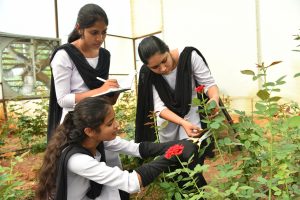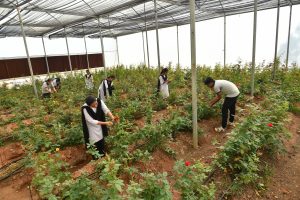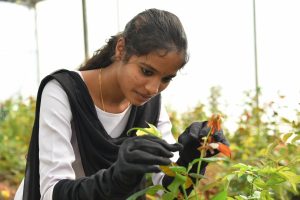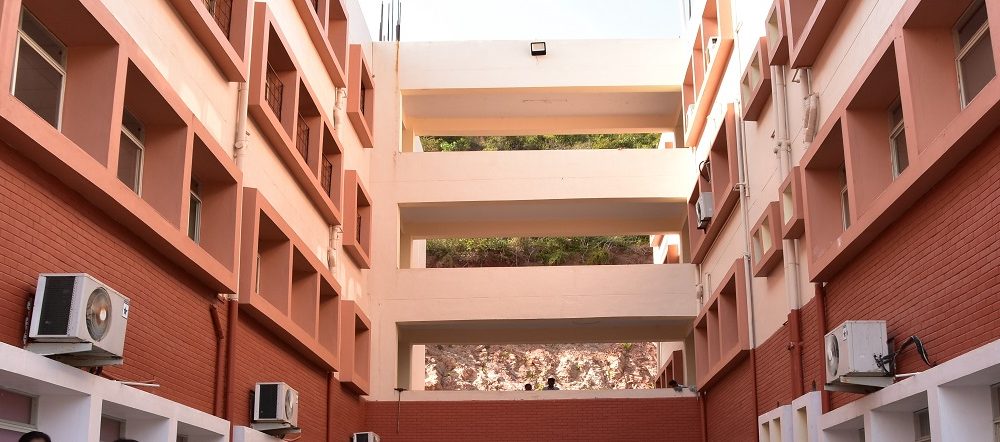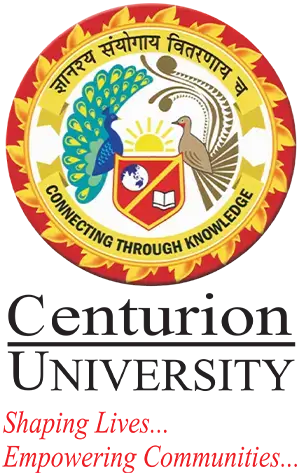2(A) CTR NCC
National Cadet Corps (NCC):
The National Cadet Corps is the Indian military cadet corps with its head Quarters at New Delhi. It is open to school and college students on voluntary basis.The National Cadet Corps in India is a voluntary organization which recruits cadets from high schools, colleges and Universities all over India. The Cadets are given basic military training in small arms and parades. The officers and cadets have no liability for active military service once they complete their course but are given preference over normal candidates during selections based on the achievements in the corps.
Motto of NCC:
Unity and Discipline (EktaaurAnushasan)
Four Cardinal Principles of Discipline:
- Obey with a smile
- Be Punctual
- Work hard and without fuss
- Make no excuses and tell no lies
Aims of NCC:
1. To develop qualities of character, courage, comradeship, discipline, leadership, secular outlook, spirit of adventure and sportsmanship and the ideals of selfless service among the youth to make them useful citizen.
2. To create a human resource of organised trained and motivated youth to provide leadership in all walks of life including the Armed Forces and be always available for the service of the nation.
Type of Examination:
The type of Certificate Examination and the unit in which these are held are given below
| Type of Certificate | NCC Unit |
|---|---|
| Certificate ‘B’& ‘C’ | Senior Division/Wing NCC |
Activities:
The activities of NCC can be broadly divided into the following distinct categories described below:-
- Institutional Training.
- Camp Training.
- Attachment Training.
- Army/Naval/Air Wing Activities.
- Youth Exchange Programme.
- Community Development Programme cum Social Service Activities.
- Adventure Training, Cycle Expedition, Trekking & Sports etc.
- Foot Drill, Arms Drill & Weapons Training.
- Self Defence.
- Map Reading.
NCC Social Service Activities:
NCC has adopted community development activities with the aim of imbibing amongst cadets selfless service to the community, dignity of labour importance of self help, need to protect the environment and to assist weaker sections of the society in their upliftment. This was envisaged through programmes involving
- Adult-education
- Tree plantation
- Blood donation
- Anti-Dowry Rally
- Anti-Female Infanticide Pledge
- Anti-Leprosy Drive
- AIDS Awareness Rally
- Visit to Old Age Homes
- Slum clearance
- Disaster Management & Relief
- Village upliftment and various other social schemes.
Oath:
“I do hereby solemnly promise that I will serve my motherland most truly and loyally and that, I will abide by the rules and regulations of the National Cadet Crops. Further under the command and control of my commanding officer I will participate in every camp most sincerely and wholeheartedly”.
Pledge:
“We the cadet of the national cadet corps, do solemnly pledge that we shall always uphold the unity of india.We resolve to be disciplined and responsible citizen of our nation.We shall undertake positive community service in the spirit of selflessness and concern for our fellow beings.”
Officer in Charge:
Dr. Satheesh Ampolu
Associate Professor, School of Engineering.
